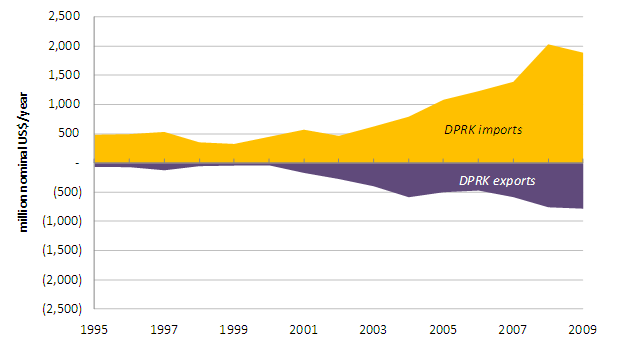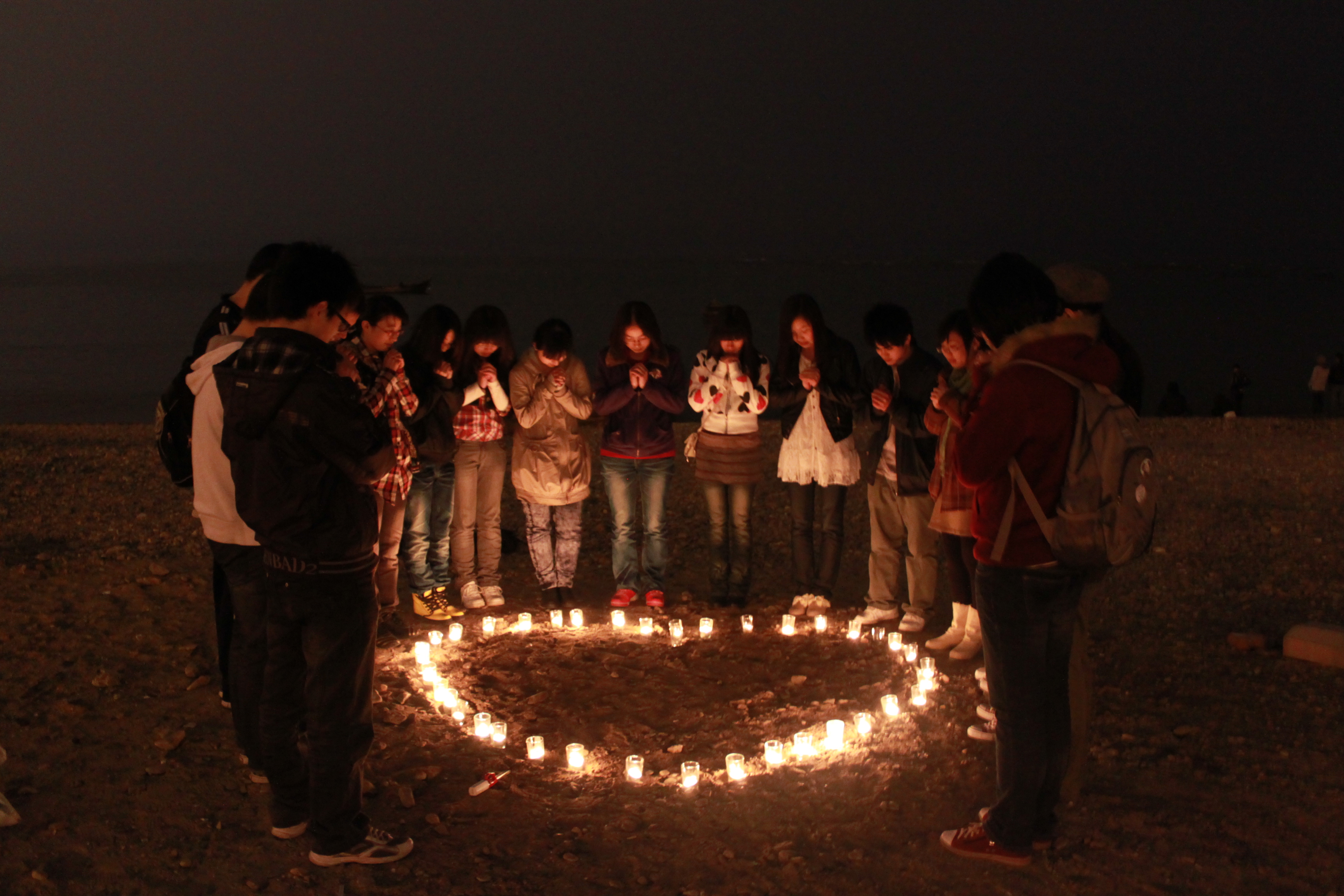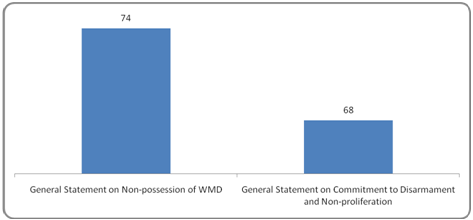Daily Report Archives
Established in December 1993, the Nautilus Institute’s *N*ortheast *A*sia *P*eace and *S*ecurity *N*etwork (NAPSNet) Daily Report served thousands of readers in more than forty countries, including policy makers, diplomats, aid organizations, scholars, donors, activists, students, and journalists.
The NAPSNet Daily Report aimed to serve a community of practitioners engaged in solving the complex security and sustainability issues in the region, especially those posed by the DPRK’s nuclear weapons program and the threat of nuclear war in the region. It was distributed by email rom 1993-1997, and went on-line in December 1997, which is when the archive on this site begins. The format at that time can be seen here.
However, for multiple reasons—the rise of instantaneous news services, the evolution of the North Korea and nuclear issues, the increasing demand for specialized and synthetic analysis of these and related issues, and the decline in donor support for NAPSNet—the Institute stopped producing the Daily Report news summary service as of December 17, 2010.
Rita Grossman-Vermaas, Senior International Policy Advisor in the Persistent Surveillance Division at Logos Technologies, provides an overview of what threat convergence is and the opportunities for international cooperation to mitigate the security challenges it presents.
Go to the article
Lim Dong-won, former Minister, Ministry of Unification and Co-representative of Korea Peace Forum, and Paik Nak-chung, Professor Emeritus, Seoul National University and Co-representative of Korea Peace Forum, write, “We need to continuously develop effective strategies to realize a peace system on the Korean peninsula and implement them to the best of our abilities. That is, we need concrete systematic plans and visions to resolve the nuclear threat of North Korea and to dismantle the cold war atmosphere. Reflecting the transitioning order of Northeast Asia, we need the methodology and wisdom to convert the ceasefire agreement into a permanent peace regime. We must propose a path towards “tangible peace,” providing security for our people to allow our nation to dream for the future.”
Go to the article
Arvinder Sambei, Director, Sambei Bridger & Polaine Legal and Law Enforcement Specialists, draws on collective experiences to highlight the difficulties in apprehending, extraditing, and prosecuting individuals who have engaged in proliferation related behaviour salient to both counter-terrorism and to controlling WMD proliferation. Her report also highlights cases where extra-territorial jurisdiction and international legal cooperation has worked, where it has failed, and the conditions under which these outcomes were achieved.
Go to the article

Nathaniel Aden, Senior Research Associate with the Lawrence Berkeley Lab China Energy Group, writes, “China is North Korea’s largest international trading partner…Whereas North Korean electricity and iron ore exports are sold at sub-market “friendship prices,” Chinese coal and oil products have been sold to North Korea at premium prices. Chinese Customs data suggest that Beijing is taking a pragmatic, market-oriented approach to trade with its reclusive neighbor, while the increasingly asymmetrical energy embodiment of bilateral trade may reflect dilapidation of North Korea’s non-military industries.”
Go to the article

Wen Bo, Senior Fellow at Pacific Environment’s China Program, writes, “[The Fukushima accident] was a rare opportunity for the Chinese media to cover nuclear issues and address concerns over nuclear power and its related hazards and risks. Though some nuclear specialists, indeed most of them, are supportive of nuclear power, mounting concern amongst the general public has emerged, making it clear that many would rather not have nuclear power at all. Other scholars indicated this is a golden opportunity to increase knowledge amongst the public on nuclear radiation and safety measures.”
Go to the article

This report, by Rodrigo Alvarez V., Executive Manager of the Global Consortium on Security Transformation and Coordinator of the Non-Proliferation and Disarmament project, asserts that Latin America must keep supporting all types of WMD non-possession, disarmament and non-proliferation initiatives. The paper analyzes the southern perspective on WMD proliferation, develops the current vision for Resolution 1540 in the region, and analyzes the resolution with respect to Latin America’s nuclear energy dilemma.
Go to the article




